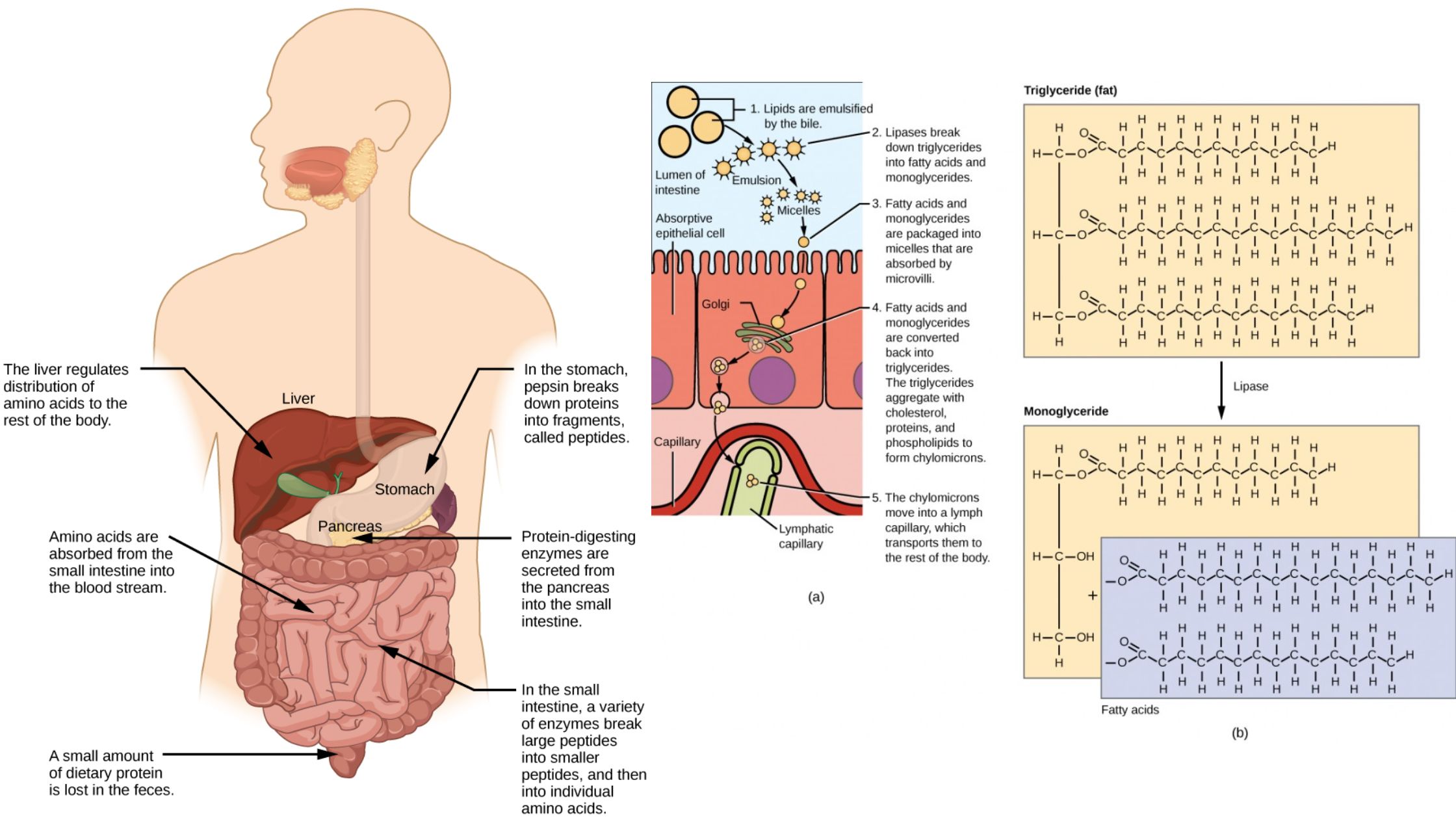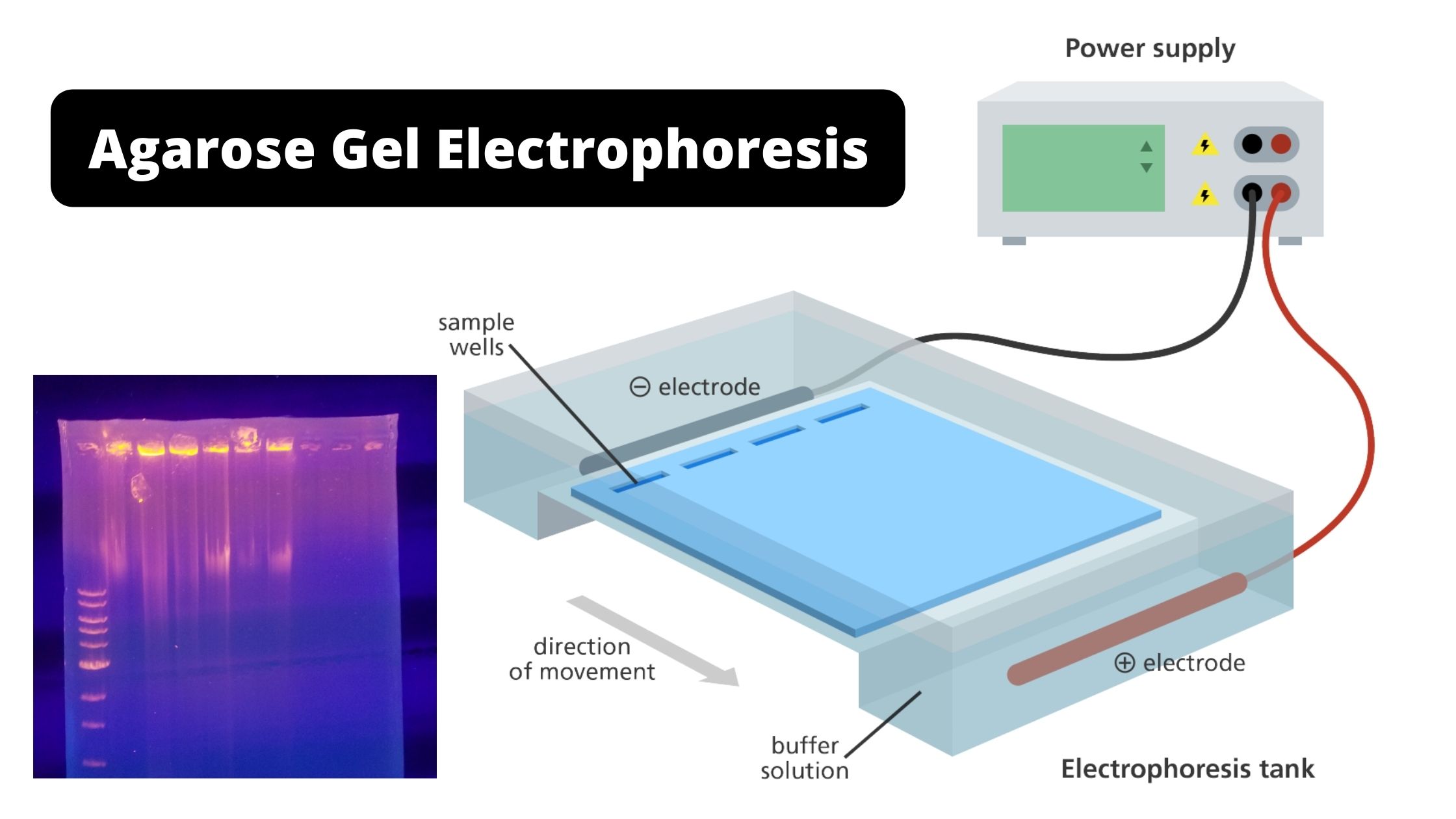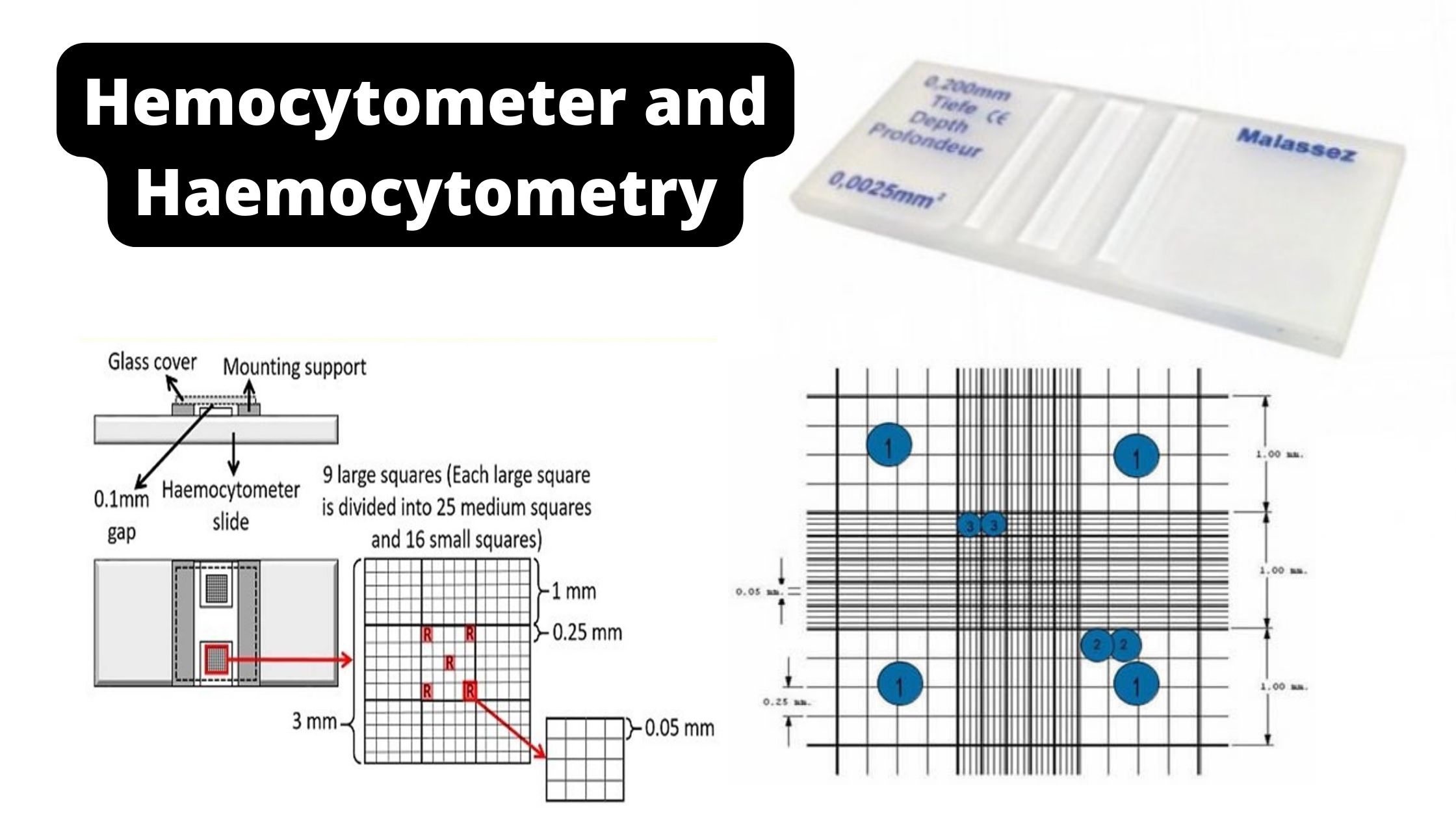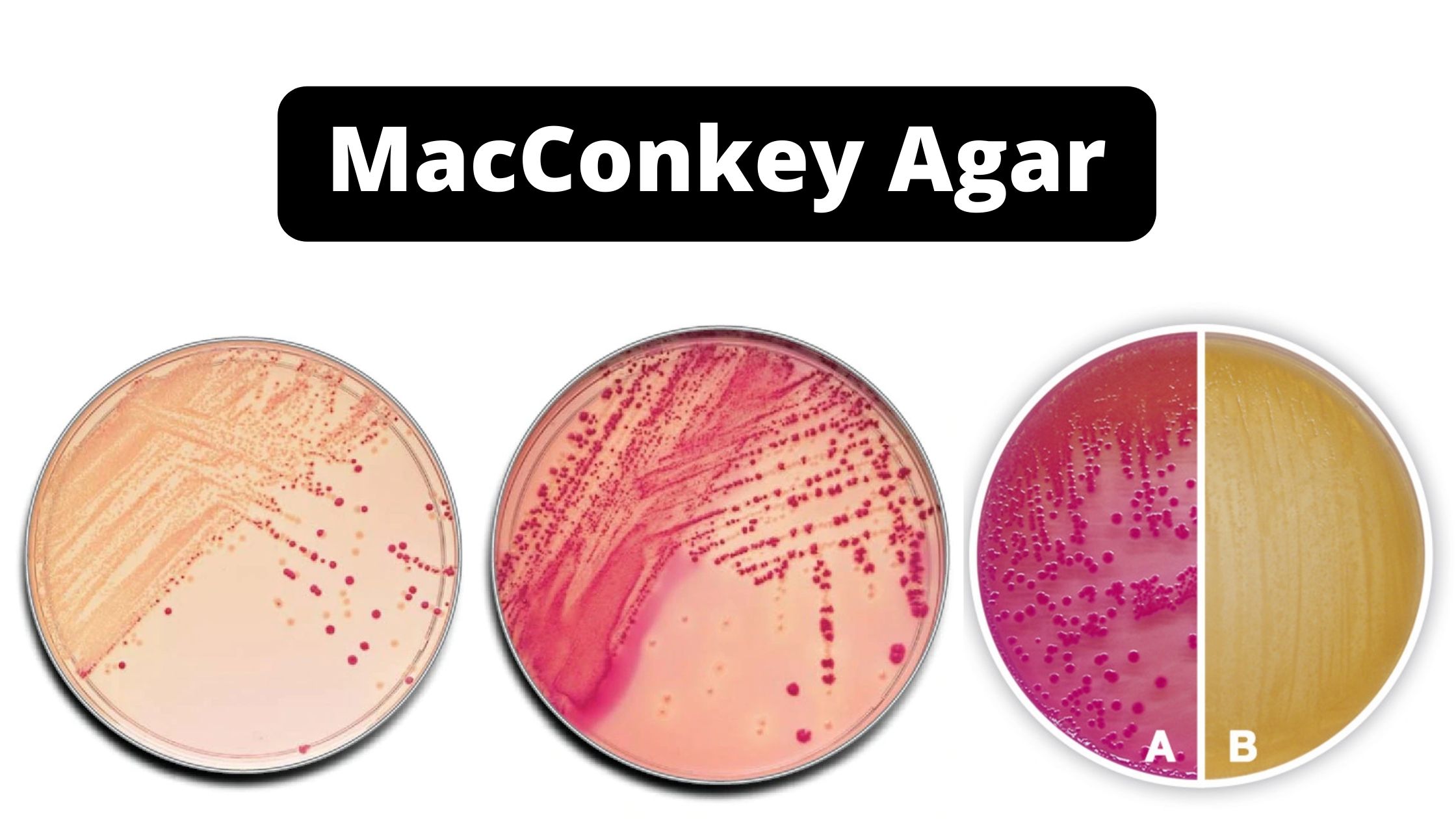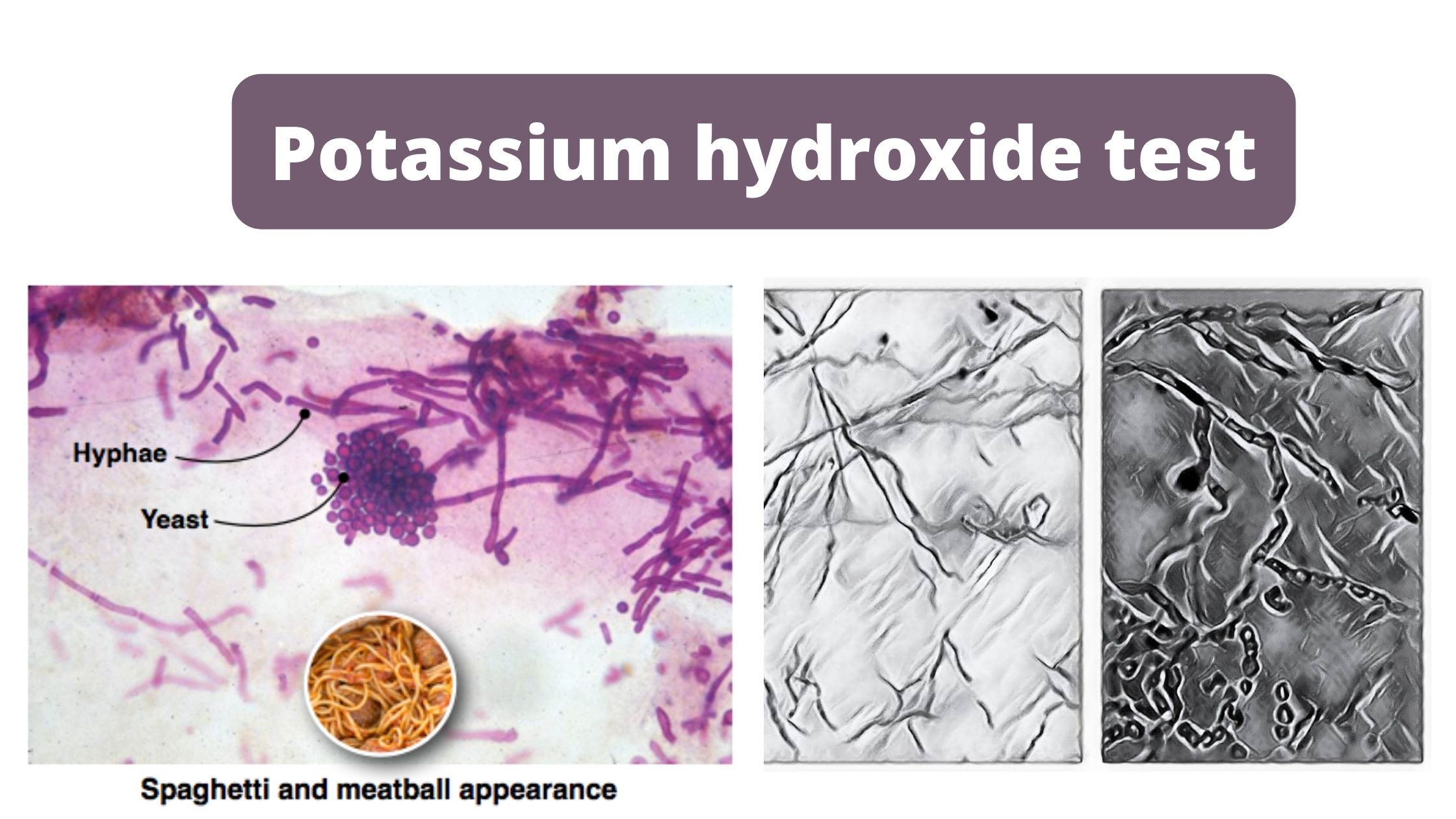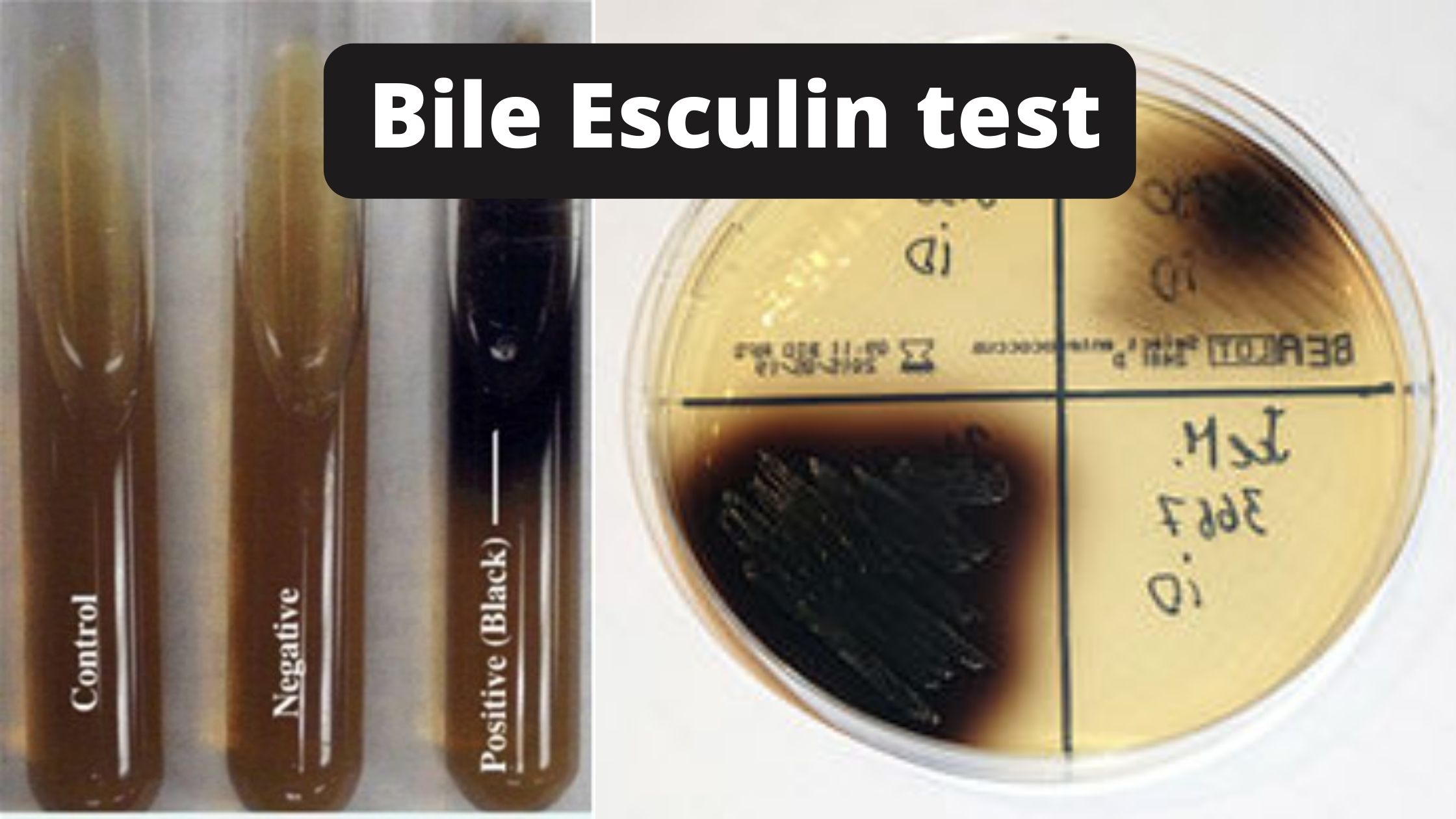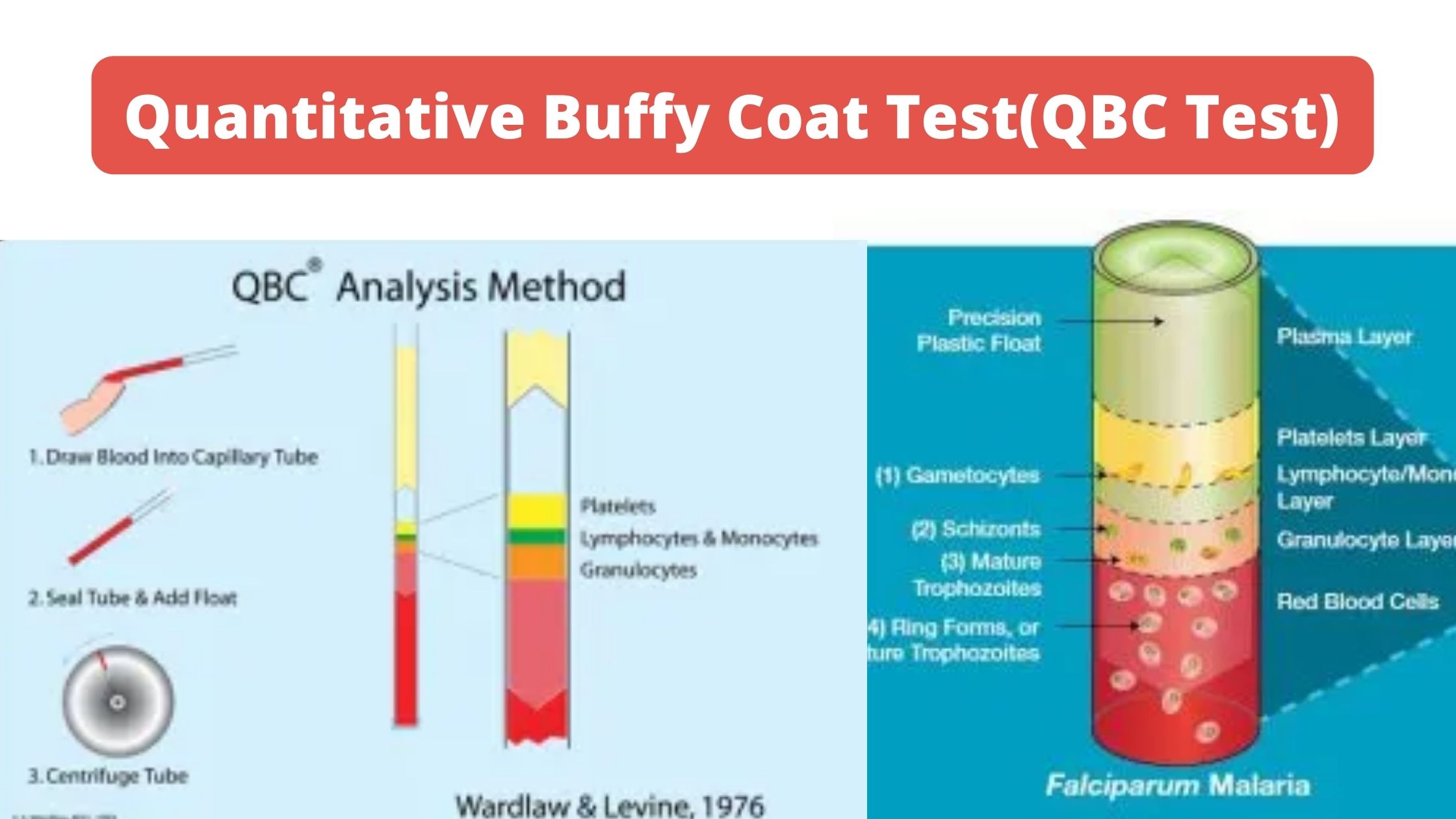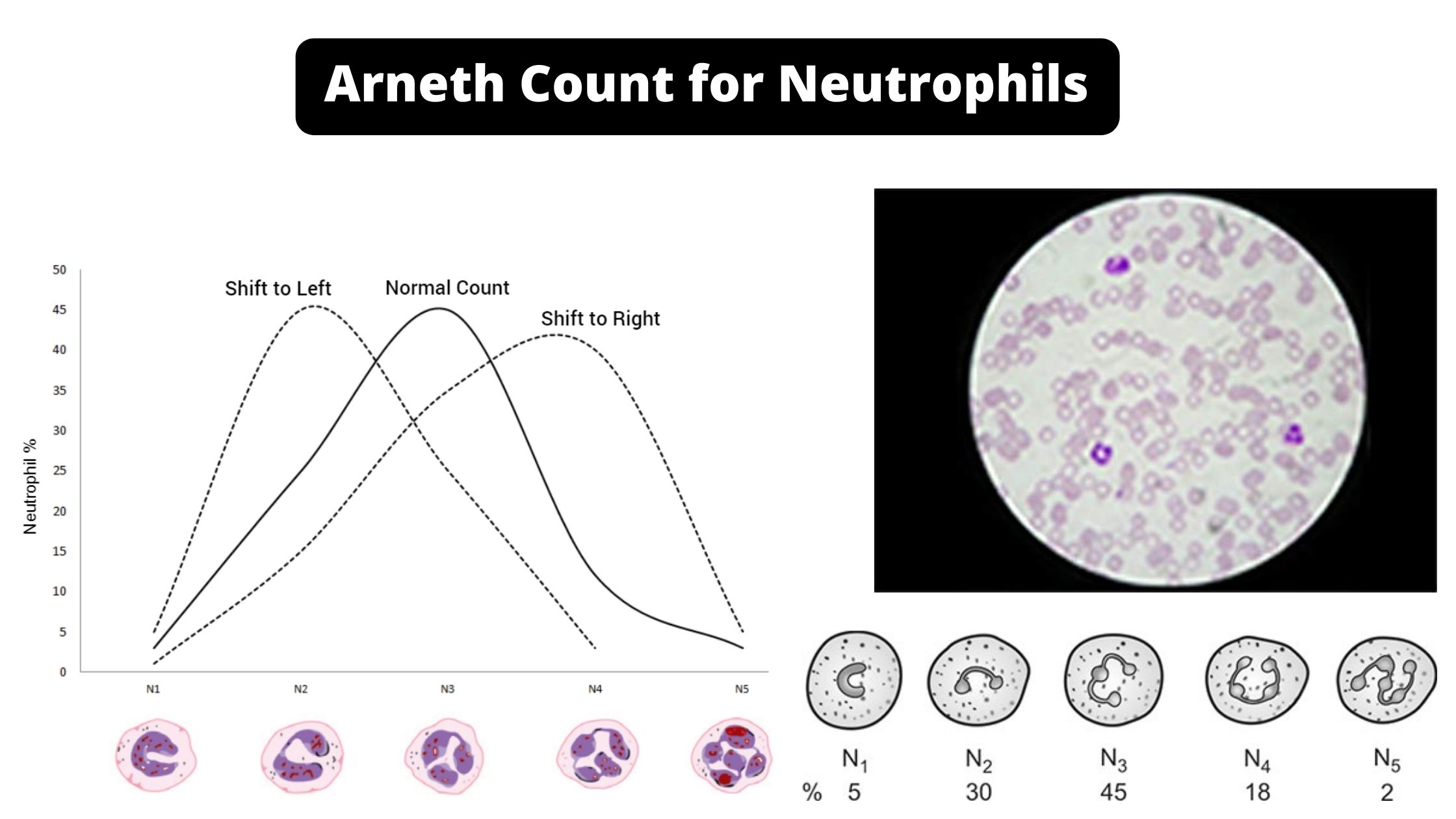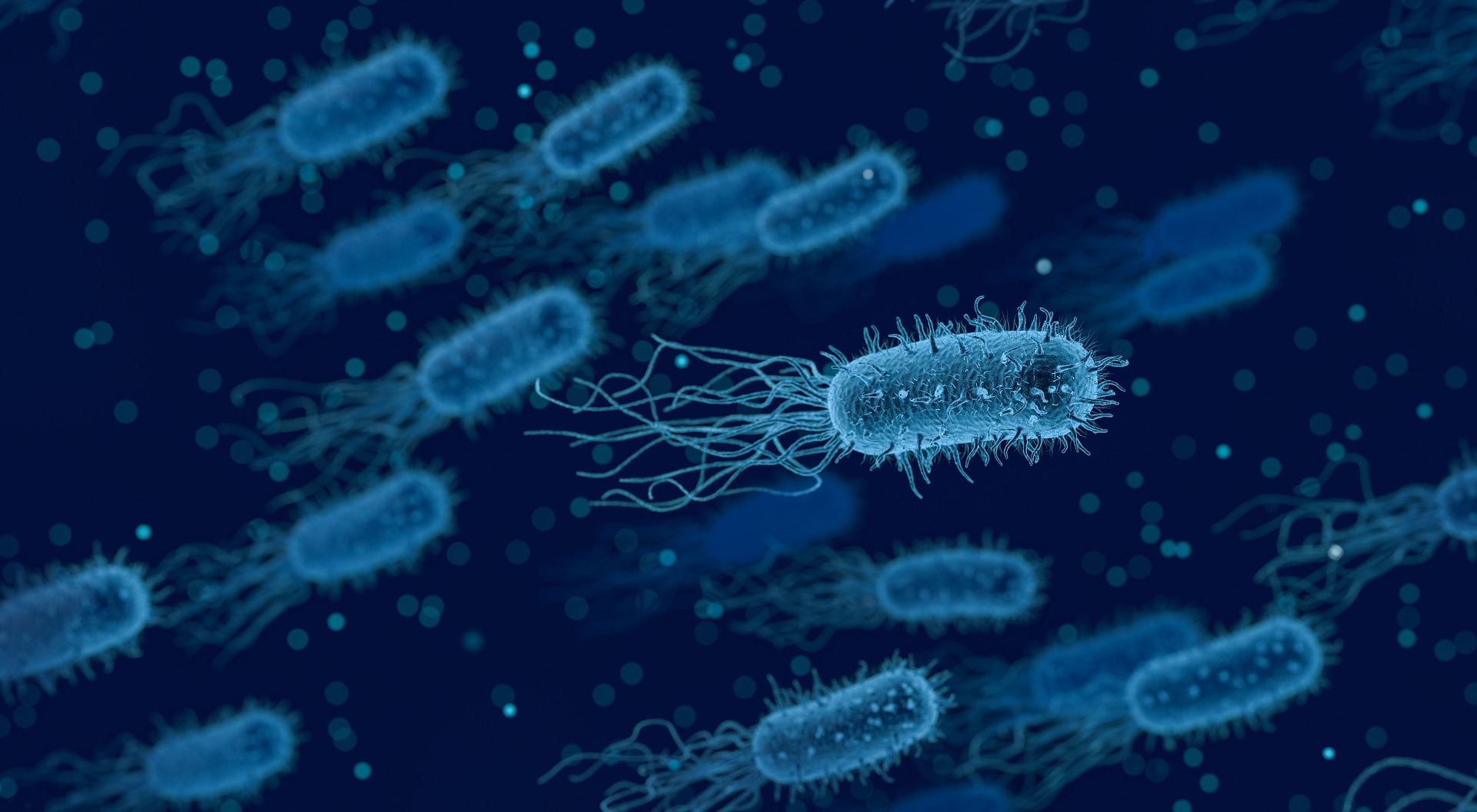Mechanical and chemical digestion of food – Absorptions of Differenet Molecules
Digestion is a complex process that allows our bodies to break down the food we consume into smaller, more manageable components. This crucial process enables the absorption of nutrients and energy necessary for our overall health and well-being. Digestion occurs through a combination of mechanical and chemical processes, working together harmoniously to ensure the efficient … Read more
